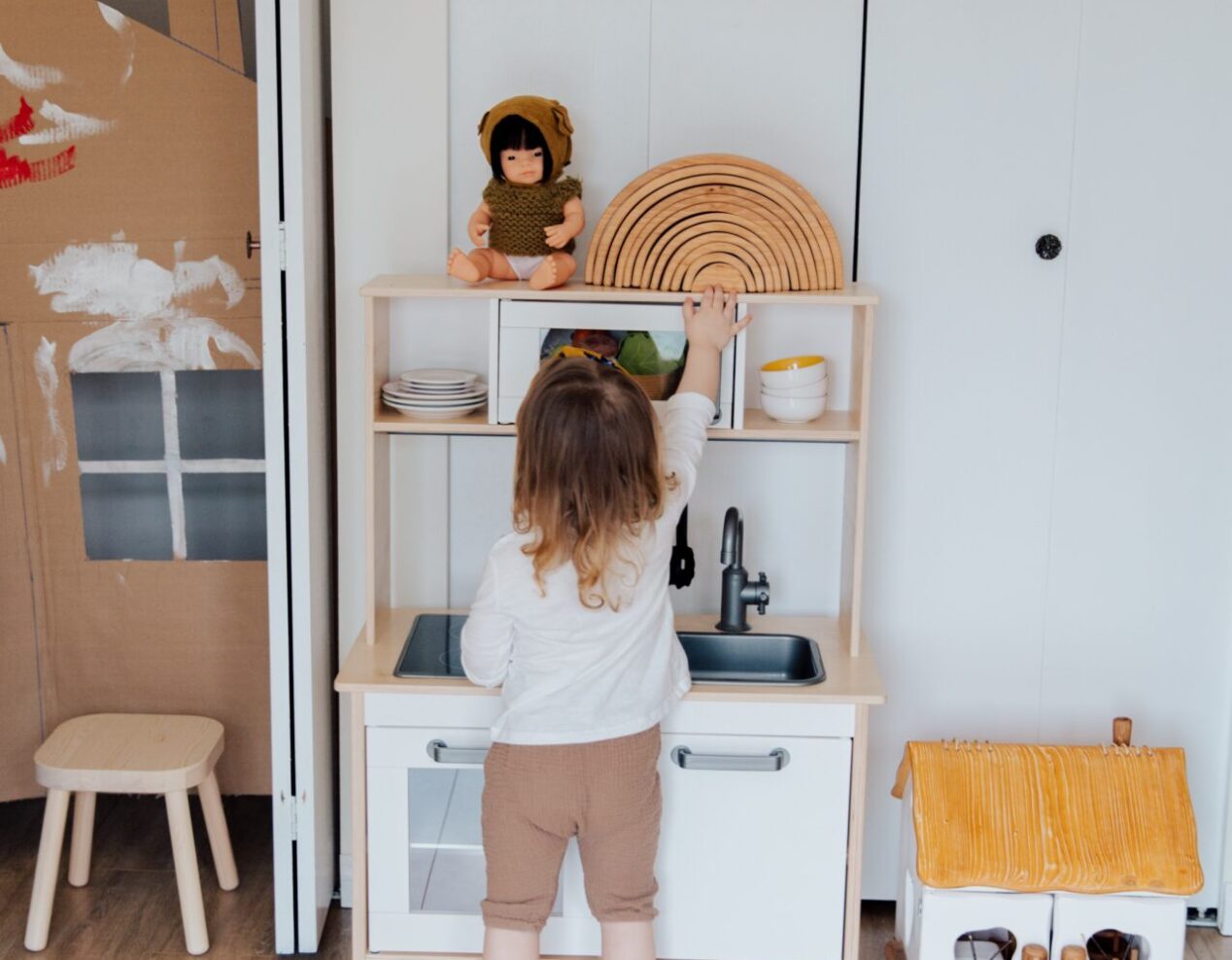Understanding and Addressing Toddler Tantrums: Nurturing Empathy and Self-Control

Toddlerhood can present its fair share of challenges, and behaviors like kicking, biting, and hitting are not uncommon during this developmental stage. It’s crucial to remember that these behaviors are a natural part of your toddler’s growth and do not reflect their character or your parenting abilities.
So, why do toddlers engage in these actions? Let’s explore the reasons behind them and discover some effective strategies to handle them with love and firmness.
- Empathy: Toddlers are beginning to understand their individuality but have not fully grasped how their actions impact others. Developing empathy is a gradual process that takes time.
- Self-control: The prefrontal cortex, responsible for decision-making and emotional regulation, is still developing in toddlers. This ongoing development affects their ability to exercise self-control.
- Communication: Toddlers often resort to kicking, biting, or hitting when they struggle to express their emotions verbally, particularly in moments of intense frustration.
So, how can you address these behaviors in a loving and effective manner?
Remain calm: Despite the instinctive urge to react strongly, responding with anger or physicality can have unintended consequences. Your child’s developing brain may not comprehend the “do as I say, not as I do” approach. Instead, model appropriate behavior by remaining calm and composed.
Be firm yet loving: Responding purposefully during these incidents can make a significant impact. Gently redirect their hand while calmly explaining, “We don’t hit” or “I can’t let you hit.” This approach sets clear boundaries and conveys your love and guidance.
Remove them from the situation: In some cases, physically removing your child from the scene may be necessary. Do this calmly and gently, ensuring their safety. If you are the target of their aggression, you can put them down and sit behind them, enveloping them in a comforting hug. This physical boundary can provide reassurance and a sense of security.
Validate their feelings: Even if you do not condone the behavior, acknowledging the emotions behind it is crucial. In a calm tone, validate their feelings by saying, “I can see you’re really mad. It’s tough to take turns, but hitting hurts, and it’s not okay.”
Address the impact: Redirect their attention to the person they affected and check in with them. Instead of forcing your child to apologize, focus on modeling empathy. Help them understand the consequences of their actions by saying, “Look, hitting made your friend feel sad. They’re crying now. Let’s see if we can make it better.”
Be patient and consistent: Remember that your toddler’s journey toward self-control, communication, and empathy takes time. You may need to reinforce these lessons multiple times. While tantrums can be embarrassing, it’s important to recognize that kicking, biting, and hitting are common behaviors during this stage and do not define your child’s character.
By responding with love, patience, and consistency, you can guide your toddler toward developing healthier ways to communicate and manage their emotions.



